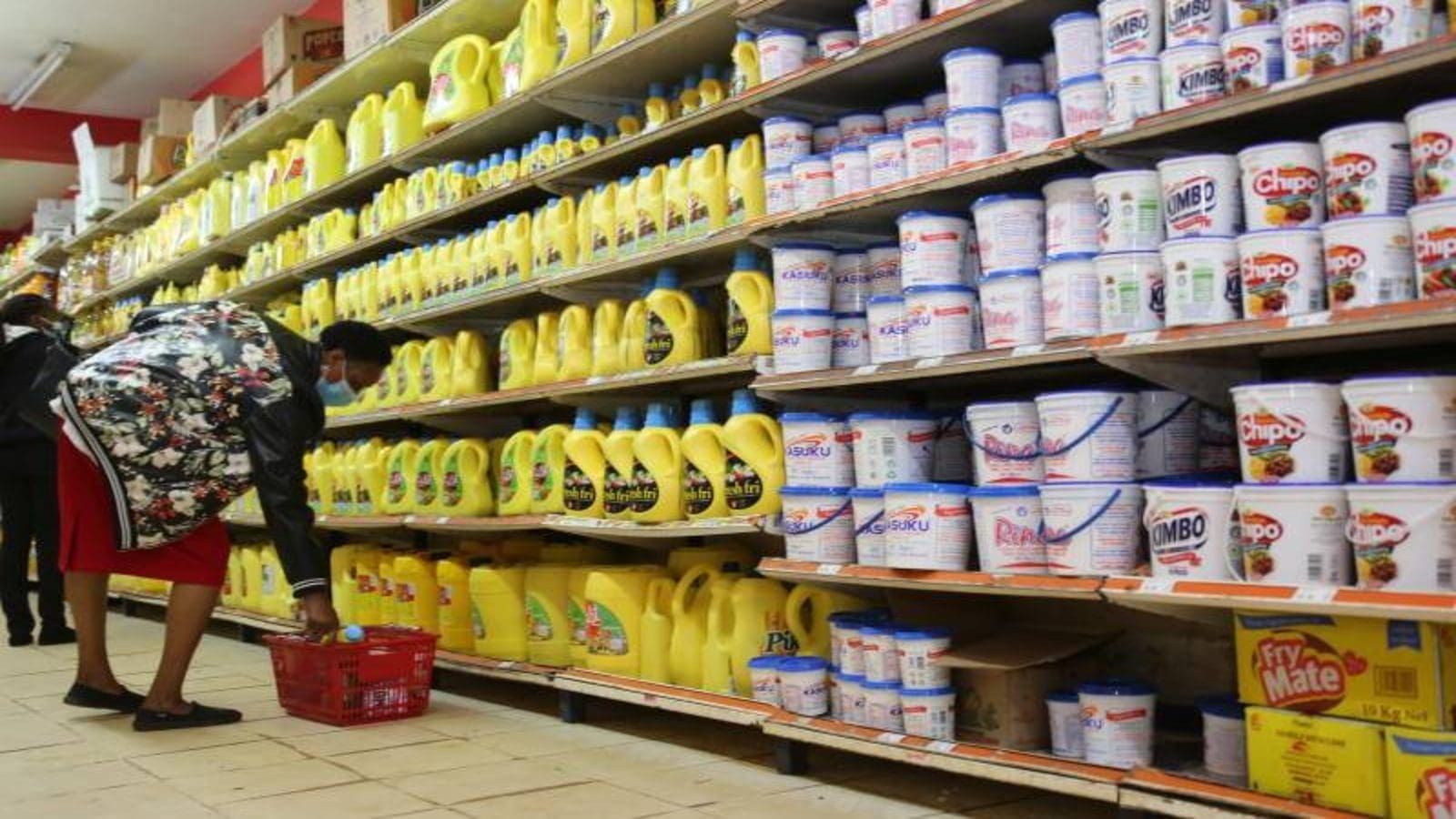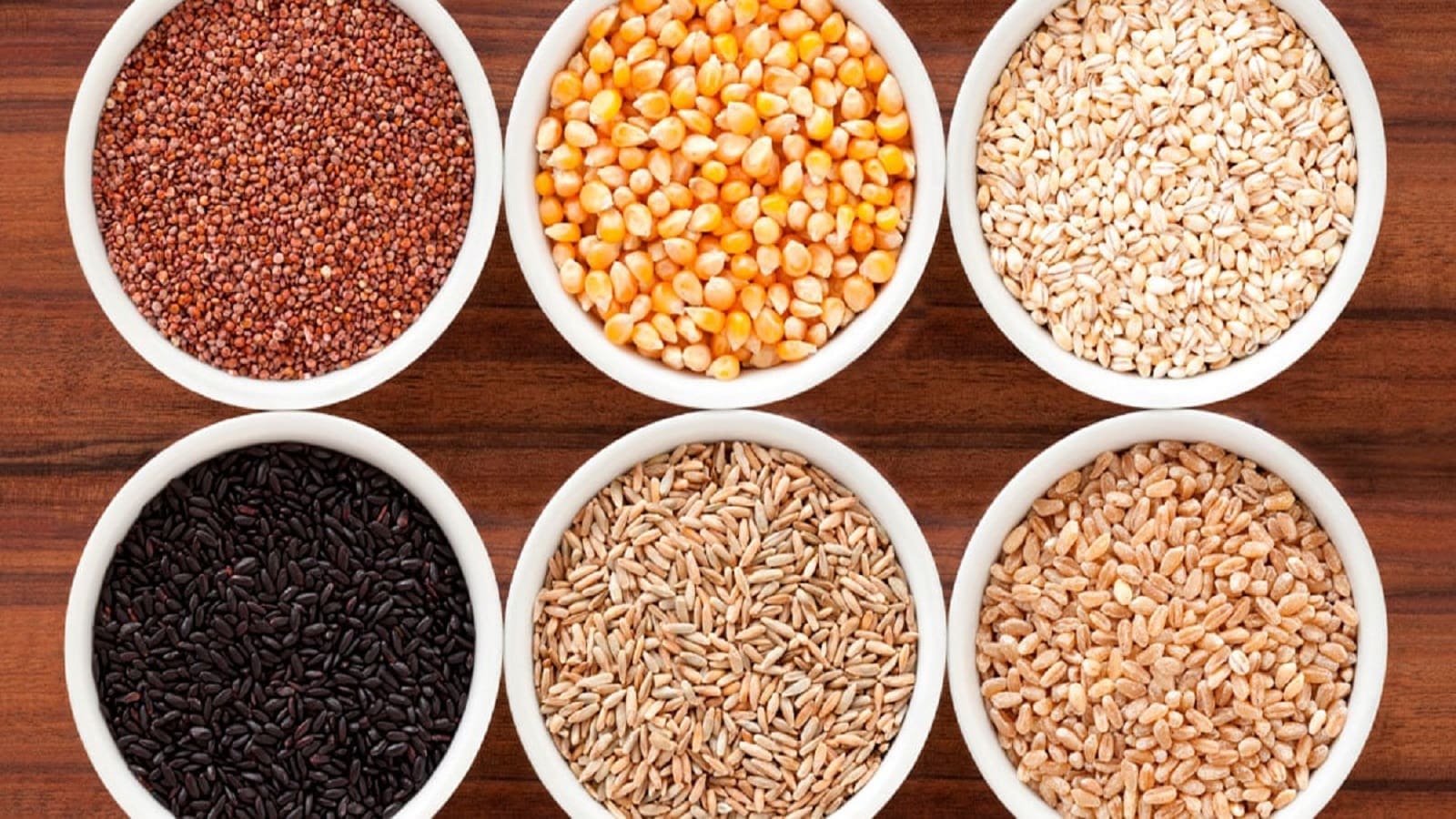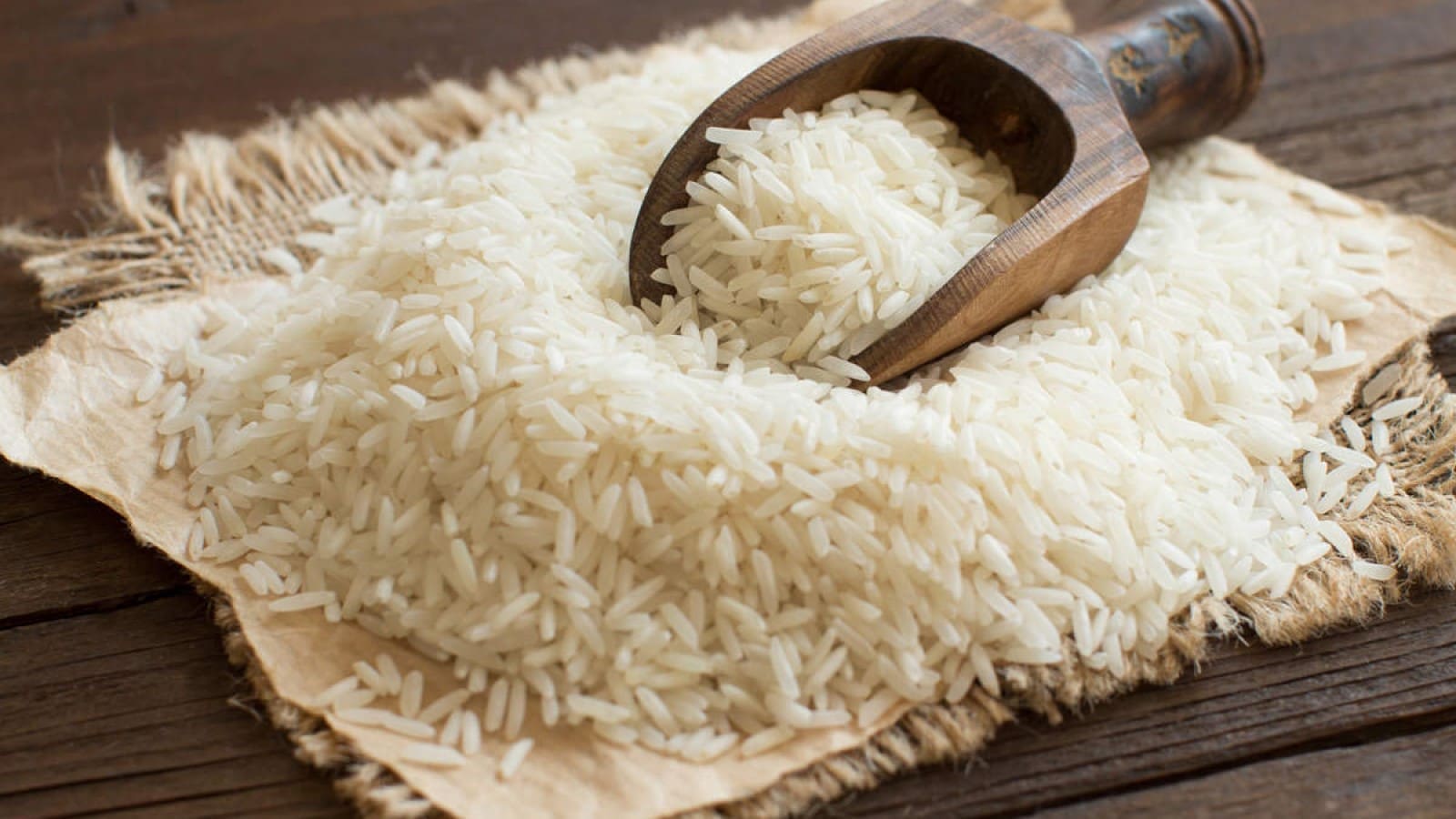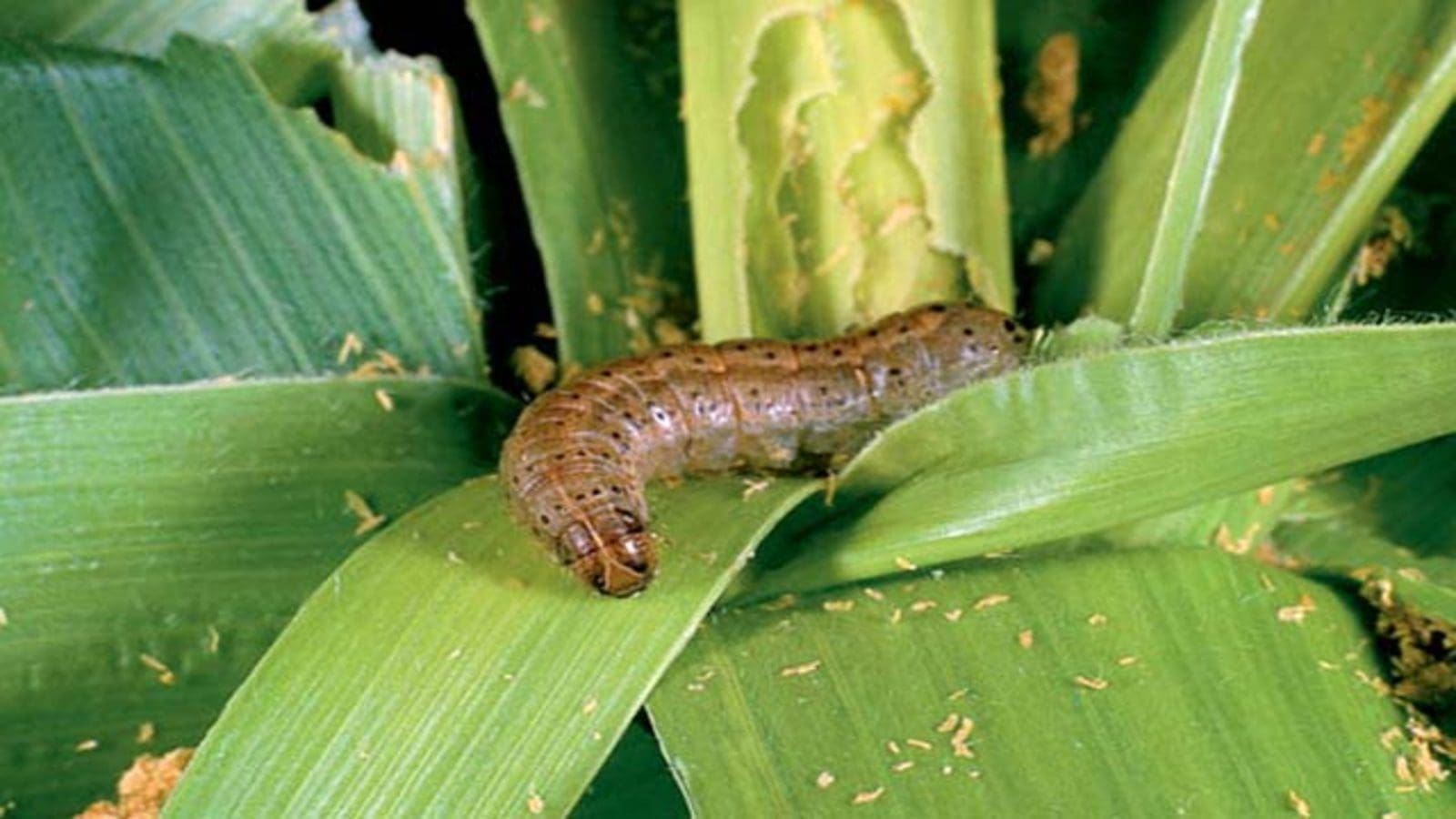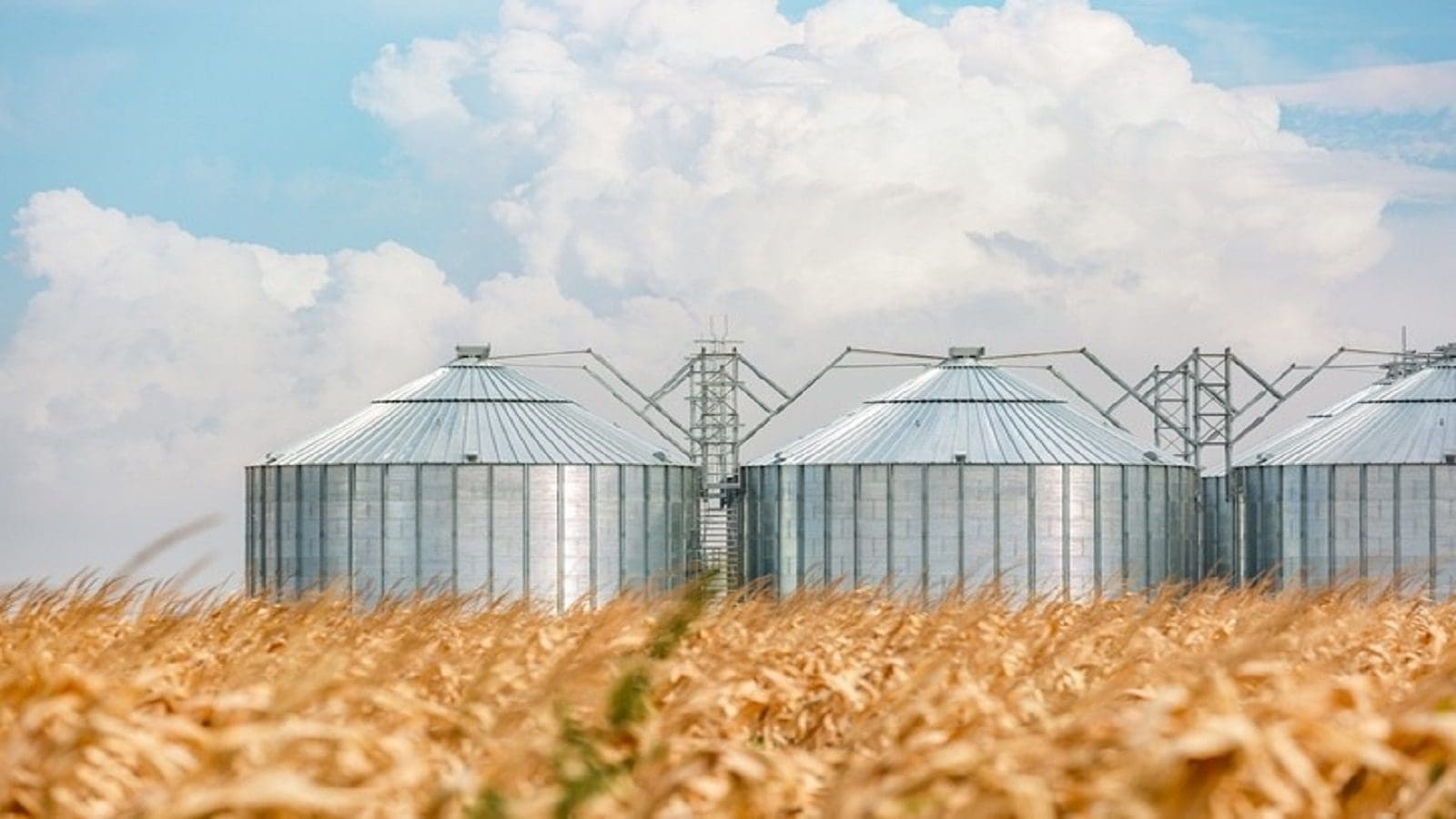KENYA – The Kenyan government plans to import large quantities of rice, cooking oil, sugar, wheat, and beans duty-free through the Kenya National Trade Corporation (KNTC) as part of efforts to tame the rising cost of essential commodities in the country.
Kenya is among countries grappling with high inflation caused by multiple factors including drought, weakening of the shilling, and trade disruption caused by the Russia-Ukraine war
According to Business Daily, KNTC will import rice amounting to 150,000 tonnes, cooking fat/oil (125,000 tonnes), sugar (200,000 tonnes), wheat (25,000 tonnes), and beans (80,000 tonnes).
The move is intended to create price stabilization for essential household food items according to the Kenya Revenue Authority (KRA) departmental circular dated February 14, 2023.
The duty-free window is expected to run up to January 2024 but it can end earlier if the quota is exhausted before the lapse of the deadline, KRA added.
It was further stated that the exemption does not affect the earlier approval for maize and wheat into the country as all are within the state’s strategy for retail price stabilization.
An unwelcomed solution
However, the import plan has caused disquiet among manufacturers and food processors who argue that the imports will kill the local industry as it cannot compete with cheap goods from abroad.
However, the Kenya Association of Manufacturers (KAM) in a communique to its members last week said it would push for talks with the government regarding its plans to leverage KNTC to bring in the commodities.
Among the unpleased group are the wheat processors who said that allowing duty-free imports by KNTC will have detrimental effects on them as they are currently importing the grain at a 30 percent duty.
“This is killing our businesses because we cannot compete with the wheat that is being imported at duty-free when manufacturers are paying a 30 percent tax,” said Bimal Shah, the chief executive officer of Broadways Company.
Edible oil manufacturers oppose duty-free imports
Meanwhile, edible oil manufacturers have maintained their opposition to the planned importation of duty-free cooking fat by state-owned KNTC.
This follows the government’s plan to import about 125,000 metric tonnes of finished edible oils to cushion consumers from the high cost of living on increased prices of basic essential commodities.
The country has seen a consistent rise in edible oil prices since February 2022. Averagely, a litre moved from KS346 in February, KS430 in March, KS408 in April to KS455 in June.
Defending the move, KAM has said that the local oil manufacturing capacity is adequate to supply local market requirements, and is currently operating at 60% of the installed capacity.
In addition, KAM says that the temporary importation route means the government will stand to lose revenue of up to KS3.5 billion ( US$28M) and occasion layoffs of about 40,000 people in the market.
Therefore, KAM wants the government to further engage the sector players and find a long-lasting solution.
In addition, KAM said that prices had started easing with some brands retailing at between KS400 and KS451 per liter.
KAM also revealed that there is a proposal on backward integration to start by growing palm oil trees locally to secure the source of palm oil, although it’s a long-term initiative of at least six years.
The country mainly imports crude palm from Malaysia and Indonesia where the raw material is volatile to factors such as global freight cost, supply disruptions, the palm oil export ban by Indonesia and the introduction of the Malaysian export levy has affected local prices for the commodity.
For all the latest food industry news from Africa and the World, subscribe to our NEWSLETTER, follow us on Twitter and LinkedIn, like us on Facebook and subscribe to our YouTube channel


